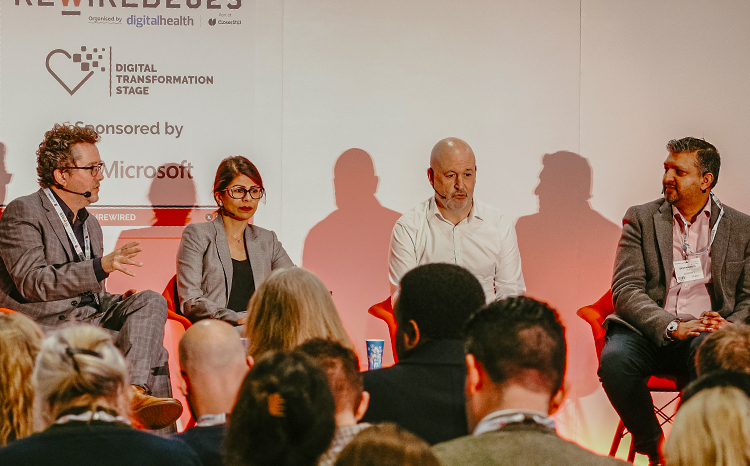Opinion: Time for SMEs in health IT to raise profile
- 15 April 2004
Mark Simon, chairman of the new UK e-Health Association small and medium sized enterprise special interest group and chief executive officer of UK-based ComMedica, sets out his view of challenges ahead.
The massive and far-reaching changes in the procurement of IT wrought by the NHS National Programme for IT threaten to make – or break – players of every size in the healthcare IT market.
However, in the small and medium enterprise (SME) community we believe that, in time, these changes promise to allow the growth of strong UK healthcare IT players, capable of thriving in the UK and in the international market.
Small companies have traditionally been unable to expand across the NHS because of the high costs and long lead times for procurements involved. As a result, there are remarkably few vigorous and growing UK-based IT companies, and even fewer who can compete internationally.
Yet in healthcare, as in most industries, SMEs are the primary source of IT innovation. SMEs in healthcare IT in the UK employ almost half as many people as the 25,000 that work in NHS information technology departments and so represent an essential resource for the coming revolution to tap.
Innovative SMEs have much to offer the NHS, and the UK eHealth Association’s special interest group for SMEs has been established to ensure that they are not overlooked during IT procurement. The SIG will provide a platform to discuss issues and ideas, and through the National Programme’s suppliers’ consultation group and the media, we aim to raise the profile of SMEs within the marketplace.
Having transformed the English healthcare IT market, and with it the prospects for health IT SMEs, the National Programme should deliver:
- A set of clearly defined channels through which to distribute SMEs’ products;
- Standard, nationally defined, terms and conditions under which to supply their products;
- Standard IT environments across the NHS in which to deploy products including: rigorously defined public standards-based messaging and conformance rules which, once implemented, can be deployed across the NHS, and clear processes by which to gain accreditation and the right to go to market.
The National Programme promises to provide an environment in which well organised IT businesses can grow substantially faster and more profitably than has ever been possible before.
However, the National Programme still needs to do much to provide a good environment for healthy commercial development. The SME community strongly believes that the National Programme needs to:
- Provide a clear process for the accreditation and certification of new IT applications and innovations, allowing rapid evaluation and availability to NHS users;
- Build on the openness of the procurement process by wider communication of all the key IT specifications and deliverables and by encouraging healthcare IT vendors to promote their offerings in the context of the National Programme, and
- To provide clearly documented standards with regard to interoperability and interfaces to ensure that smaller companies can integrate new offerings with other NHS systems.
Any market where the customer is committed to raising spending on the use of IT from the current 1.4% of £65 billion to 4% of £96 billion by 2008 is bound to be an interesting place for IT companies. Also the NHS represents a particularly great opportunity for the origination and application of research, dedicated as it is to the provision of healthcare to the complete population of the UK.
SMEs, not content with the historical constraint of having only a small circle of contacts to sell to, are now able to grow valuable and capable businesses by investing, innovating and partnering with the existing and new players in the revitalised NHS IT sector. But this can only happen if such companies enthusiastically adopt the new processes and adapt to the new and faster competitive imperative created by the National Programme.





